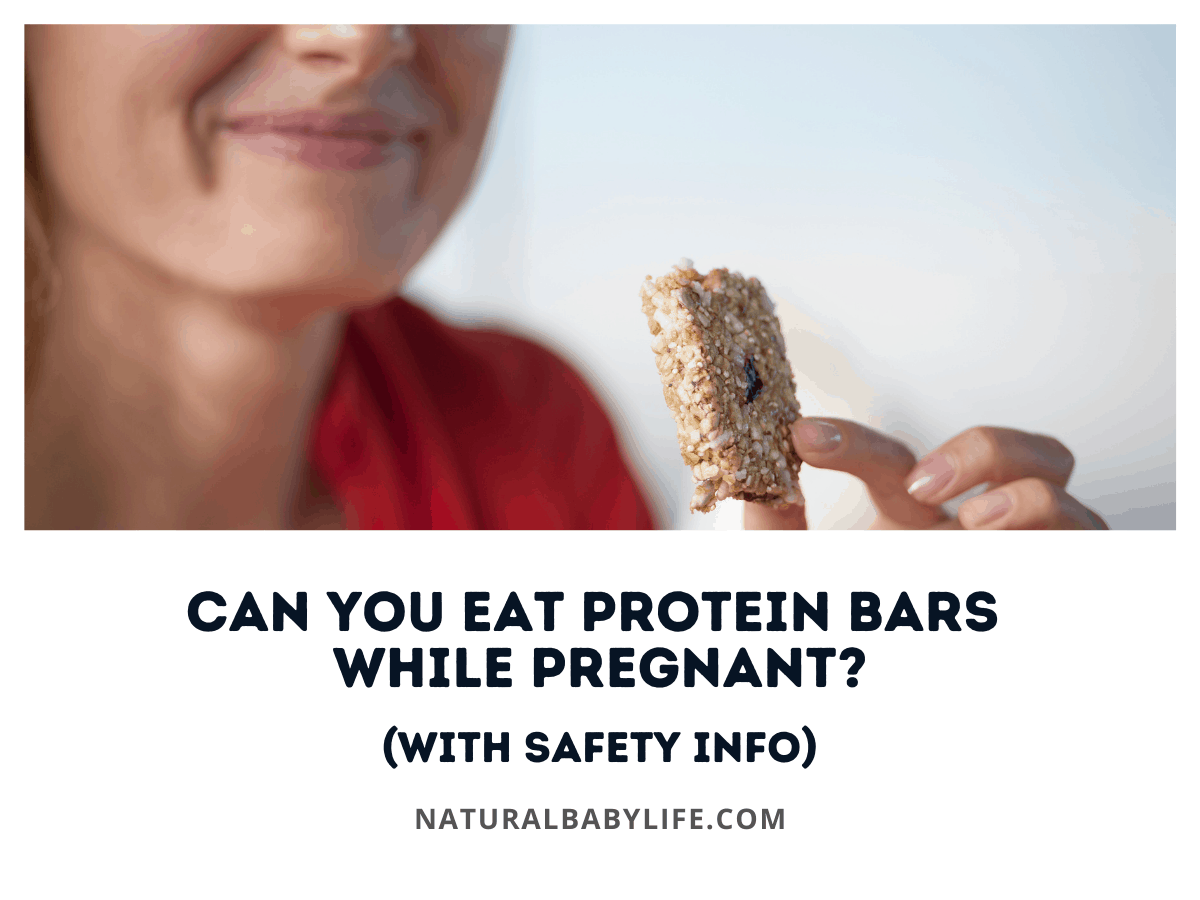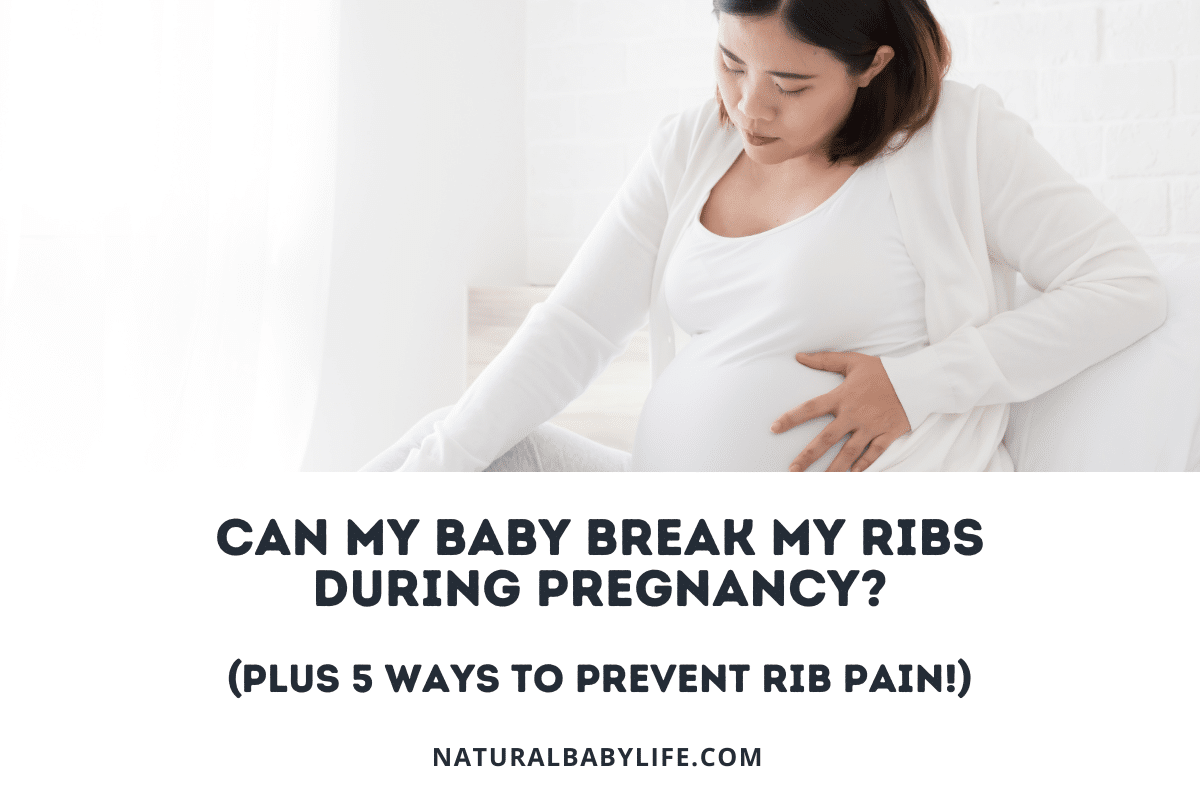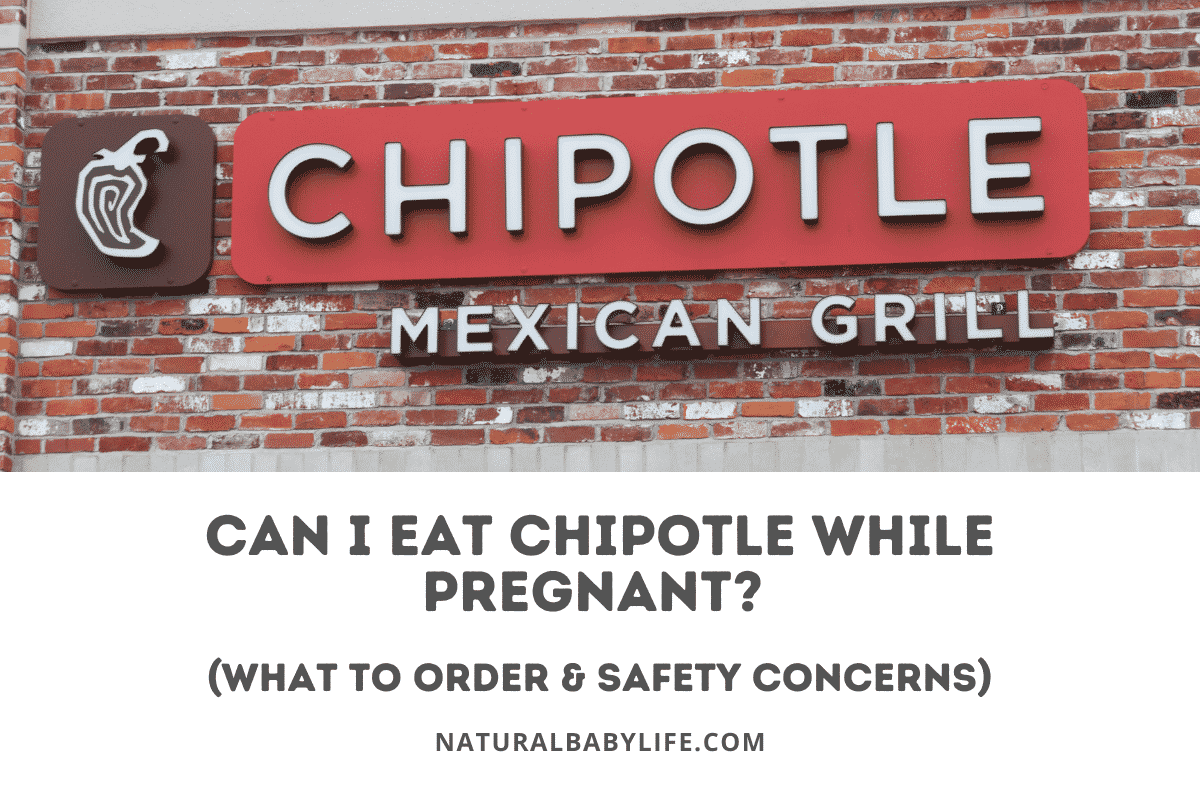Protein is a vital nutrient for development during pregnancy. Protein bars may be a good option for a new mom on the go, but are they safe? Which ones are the best choices? Can a pregnant mom eat protein bars?
Choosing a low-carb, high-protein bar can help satisfy mom’s hunger when a better option isn’t available, but it shouldn’t be relied on regularly or in place of a healthy meal.
Keep reading to learn why protein is so important to pregnant moms, what roles protein bars can fill in their diet, and which ones to keep in your bag for a pick-me-up.
Table of Contents
Can you eat protein bars while pregnant?
Many women worry about their diet during pregnancy and want to avoid eating something dangerous for their baby at all costs. Fortunately, most food can still be eaten while pregnant without any issue.
Good nutrition during pregnancy is a priority, and protein plays a major role in maintaining the mom’s health as well as aiding the baby’s growth.
While protein bars can be a smart way for a pregnant mom to grab this macronutrient on the go, not all bars are created equal. Some are high in sugar, caffeine, or unnatural ingredients, and others have forms of fiber that can hinder digestion.
Low-carb, high-protein snack options are out there, however. A mom armed with info can feel confident about grabbing a nourishing treat as a quick and satisfying alternative to muffins and fancy drinks in the drive-through.

Protein requirements during pregnancy
Protein is crucial for brain and hormone development as well as building up mom’s blood supply (which increases nearly 60% during gestation).
During pregnancy, women should aim for at least 0.5 grams of protein per pound of body weight (an average of 71-100 grams daily.)
While the optimal way to get nutrients is from a whole foods diet, all pregnant moms have busy days when creating meals from scratch just isn’t realistic. Enter protein bars. Tasty and satisfying, they can be a lifesaver when cravings hit.
Read on to see the pros and cons of these protein snacks, and how some options stack up compared to others.
Risks of too little protein during pregnancy
There are known risks to low protein diets in pregnancy, both to the mother and child.
Male children especially could have lower birth weights and lower muscle tone if the mom consumes inadequate amino acids (the separate parts of protein). Even long-term, low protein during pregnancy can affect the stress and cortisol levels of children in adulthood.
For moms, a lack of protein can lead to extreme fatigue, muscle loss, or fluid retention.
Also, protein takes time to digest, meaning increased satisfaction and decreased likelihood of reaching for sugary snacks and empty carbs.
Risks of too much protein during pregnancy
If too little protein is dangerous, that doesn’t mean overloading is better. It’s a Goldilocks element in our diet; just the right amount is important.
Growing bodies need balanced nourishment to flourish. Too much of one aspect can also mean too little of another, so it’s imperative to get the optimal diet dialed in during pregnancy.
Eating too many hamburgers all the time or pounding the protein powder can lead to excess amino acids and toxic levels of ammonia.
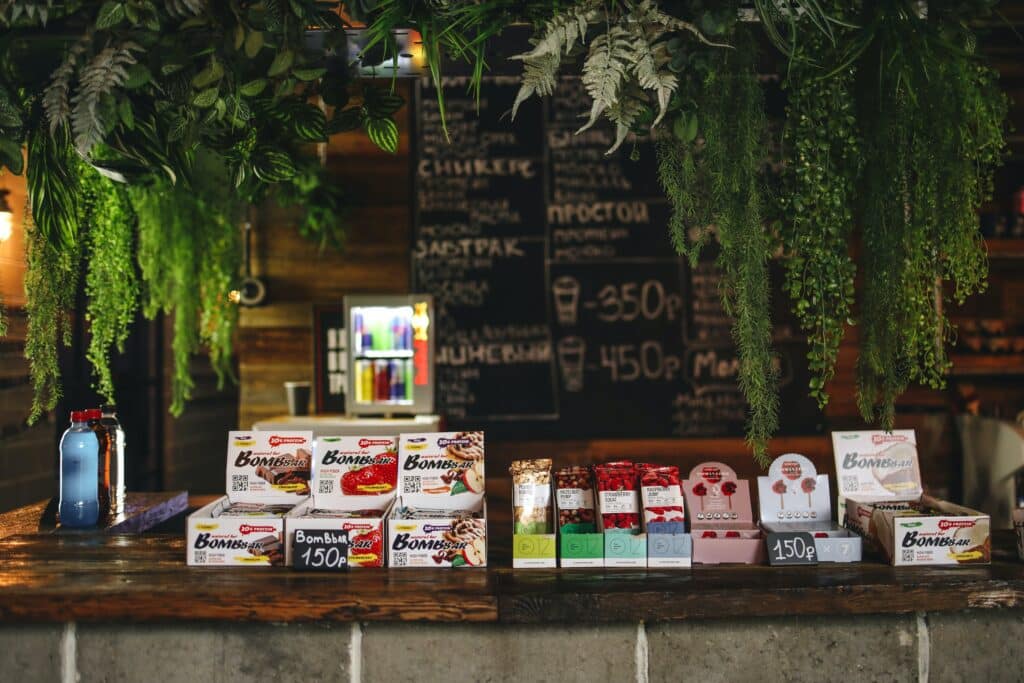
Can you have these protein bars while pregnant?
It’s easy to say that it’s fine to eat any protein bar while you are pregnant but the reality is that not all bars are created equally.
With that in mind, let’s run down the list of some of the most common protein bars that you are likely to be considering on your grocery store’s shelf!
Grabbing a protein bar can be a great energy snack during a busy day. Unfortunately, many of the “smart” options are really just candy bars masquerading as health food.
If sugar is the first ingredient listed, there are probably better choices, especially while you’re eating for two.
Be careful, though; even if a bar claims to be low sugar, companies often sneak it in under other names (glucose syrup for example) or use sugar alcohols as a replacement (which can cause tummy troubles.)
Low fiber can also be an issue, slowing the flow of digestion. Knowing the differences can make it easier to choose a decent snack over a binge treat. Below are several common choices on the shelves.
Nature Valley
A popular brand, Nature Valley snacks are easy to find in stores. They do have a protein bar version that packs 10 grams of the power nutrient in the form of nuts and whey powder.
But out of 20 ingredients, sugar and corn syrup feature in 3rd and 4th place on the list.
Depending on the type you try, sugar content varies from 5 to 8 grams.
These have a good crunch compared to some of the more chewy options.
LUNA
CLIF bar’s answer to the demand for a lower carb option is LUNA protein.
They weigh in with a solid 12 grams of protein (from soy and nut butters), but only 2 grams of fiber. As for sugar, they offer a hefty 13-15 grams per bar, depending on the flavor.
LUNA does make an effort to source organic ingredients and maybe a better choice for the gluten-free category.
Kind
With 12 grams of fiber in their protein bar line, the Kind company keeps nuts front and center. These bars have 8 grams of sugar and 5 grams of fiber.
With an average of 15 ingredients, they don’t have as many fillers as some of the competition. As a popular brand, you don’t have to hunt too hard to make grabbing this over a candy bar a fair trade.
Kind combines real fruit and whole nuts, so if your jam is bursts of fruit amidst a hearty crunch, this may be the bar for you.
Special K
The brand that made its name in the cereal world has branched out into bars.
Not surprisingly, the protein bars have a long ingredient list that mirrors their mother product.
They claim about 12 grams of protein from soy and an average of 13 grams of sugar. Inulin is added to increase fiber, which can be the culprit for some digestive upset.
They hold together better than some, so if a desperate craving for a cookie hits, this may be a better alternative.
Quest
Quest is on a mission to make delicious-sounding desserts into low-glycemic energy bars.
They pack in over 20 grams of protein per bar, which makes them a clear leader in the current contenders. Rather than sugar products, these bars rely on erythritol and stevia (sugar alcohols) for their 1 or 2 grams of sweetness.
Refreshingly, they largely steer away from soy content to build on milk and whey protein instead.
If watching sugar is a priority, these decadent snacks may be the perfect treat.
Larabar
Larabar’s platform has always been simple, real food content, and they deliver in their protein version.
Though their protein comes in around 11 grams, which is average for the choices listed, it comes from pea protein and nuts rather than whey.
They do have higher levels of sugar, around 18-20 grams, but this comes from dates rather than processed sweeteners. And with fruit fiber, some of the sugar balances out.
This is a great option for those avoiding gluten and dairy and is redeeming with a natural, one-line ingredient list.
RXBAR
Similar to Larabar, RX prides itself on actual food ingredients.
Their protein-specific version boasts 12 grams per bar from egg whites and nuts. Sweetened with dates or fruit, the sugar content lies around 15-18 grams. Both RX and Larabar have a chewy texture without excess fillers.
These have gained a devoted following in the real food world where accessible packaged snack options can be slim.
One
With one gram of sugar and 20 grams of protein, this new company is focused on keeping glycemic impact low.
Their hefty protein content comes from milk and whey, and their decadent flavors (carrot cake or maple glazed donut anyone?) get their sweetness from sugar alcohols.
These are delicious indulgences when the mood for dessert hits, but the need to maintain a healthy diet takes priority.
Lenny & Larry’s
Not technically a bar, these tasty cookies rise to the call for low-carb, low-sugar snacks.
Their keto cookie boasts 8 grams of plant protein, 5 grams of fiber, and keeps the sugar content low with organic erythritol and stevia.
A great vegan, kosher grab-and-go treat, this guilt-free dessert can proudly join the rest of the protein options for moms-to-be.
Are there other options for high-protein snacks?
Although protein bars are convenient, pregnant women will want to keep some variety in their diet to ensure they are getting proper nutrition (and so they don’t get tired of eating the same thing all of the time)!
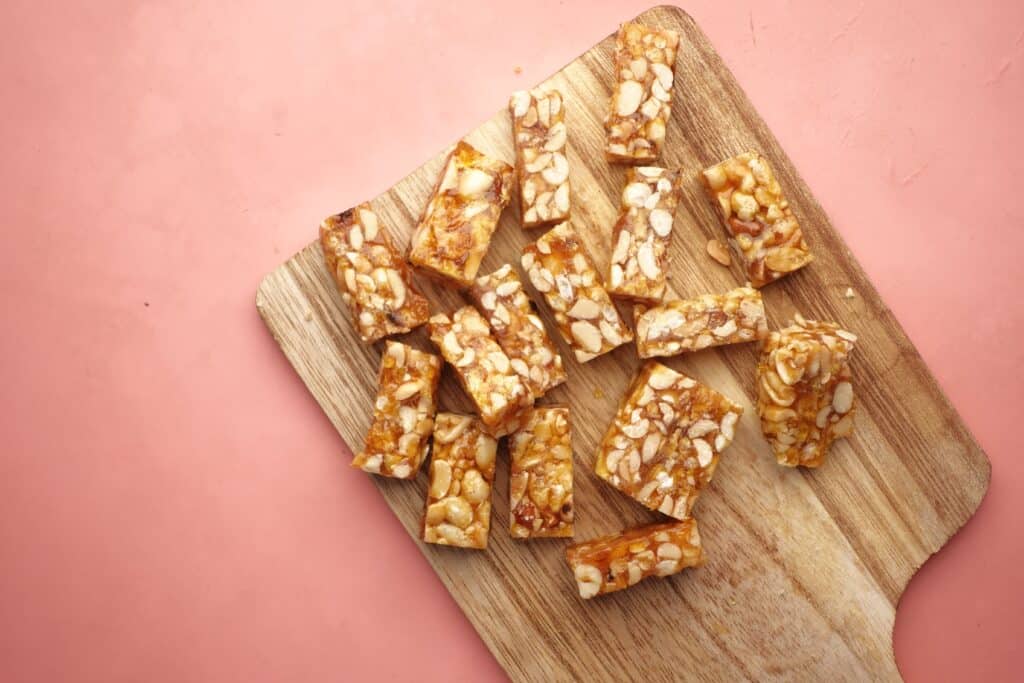
While a prepackaged snack is great for slipping into the diaper bag or purse on the way out the door, whole food options don’t have to be any harder.
Protein levels accumulate, so there may be days in a week when it’s easier to take in this macronutrient than others. Home-cooked meals are the best way to meet the weekly requirements of all these important amino acids.
If you’re craving a pick-me-up, there are lots of easy real food choices. Hard-boiled eggs, hummus with low-carb crackers, or roasted almonds are quick alternatives.
Tahini-based bars or dips, peanut butter, and a handful of blueberries, or jerky are all great power snacks. If you can handle dairy, cheese sticks, low-sugar yogurt, or cottage cheese are tasty possibilities.
Or you can kick it up a notch and create your own protein bar without turning on the oven. There are lots of recipes a search away, but here’s a delicious one with just 4 ingredients – and one of them is chocolate
If something quick and warm is ticking your palette, look for keto or high protein muffin- or cake-in-a-mug recipes. Most need just a minute in the microwave to reward you with a sweet, satisfying snack that also packs in the all-important protein.
To make these hearty options in your kitchen, stock a good sugar alternative and a protein powder that packs the punch you prefer.
Conclusion
Ultimately, whichever option you choose, making protein a priority will benefit you and your growing baby for a long time to come. Happy snacking!

